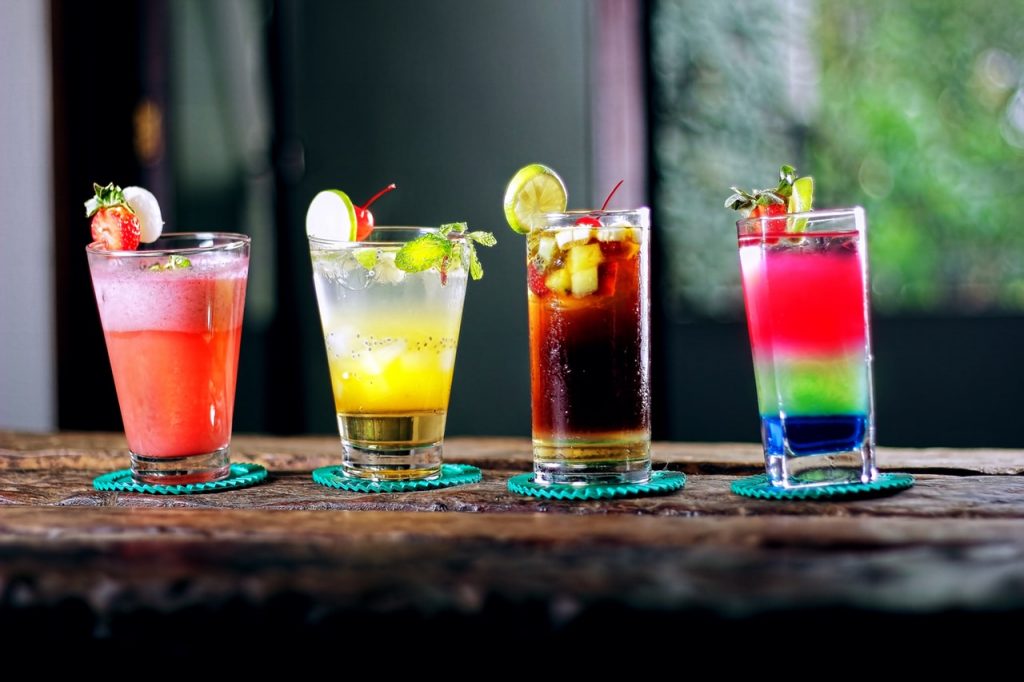
Food Safety Tips for Mixed Drinks
Always wash your hands prior to mixing drinks and before adding ingredients like ice, olives, or fresh fruit slices. A food safe alternative for cocktails calling for raw egg is to use pasteurized shell eggs or a pasteurized liquid egg product.
The preference for retro style seems to be on the rise when it comes to fashion and décor, and also with the growing popularity of old-school cocktails. Because handcrafted drinks contain special ingredients, they can require extra handling which increases the risk for foodborne illness if proper food safety practices are not followed.
Careful with the Ice
The ice used in cocktails should be protected from potential contaminants during storage by keeping it in a covered or sealed container in the freezer to avoid cross-contamination from other potentially hazardous foods. If allowing guests to serve themselves, ice should be made available in a clean container, and with tongs to prevent bare hands from touching the ice. Ice used to chill or store alcohol or mixers should never be used in drinks because of the potential for contamination.
Avoid Raw Eggs
Crafted cocktails like Eggnog or Tom & Jerry, require adding whipped raw eggs to give the cocktails their creamy, frothy texture. Consumption of raw shell eggs is associated with Salmonella, Campylobacter and other pathogenic organisms. A food safe alternative for cocktails calling for raw egg is to use pasteurized shell eggs or a pasteurized liquid egg product.
Fresh and Pickled Ingredients
To accentuate the flavor or appearance of crafted cocktails, a variety of fresh and pickled items are being added to them.
- As with all fresh produce, whether it will be served in a salad, offered as a condiment, or served in a cocktail, it must first be washed.
- Wash your hands before chopping, slicing or peeling fresh or ready-to-eat cocktail ingredients, such as lemon slices, pickles or olives. Also before handling cocktail utensils, toothpicks, and plastic garnish swords, umbrellas, etc.
Adapted with permission from “Cocktails and Foodborne Illness” written by Lea Schneider, Larimer County Health Department.


